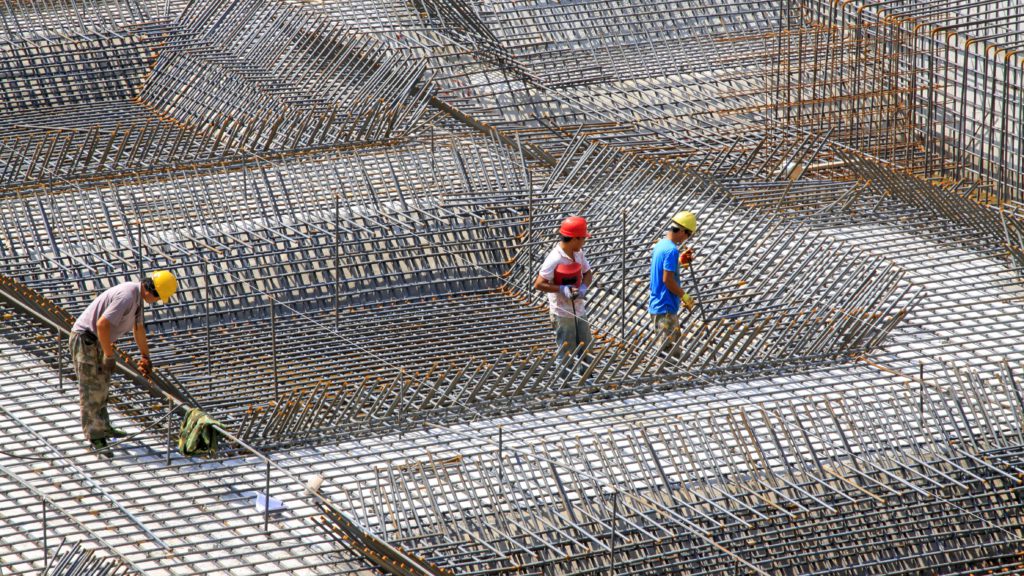Iron ore futures end 2021 with 12% drop amid China climate efforts

China’s benchmark iron ore futures logged their first annual decline in three, with a roller coaster year that saw prices hit record highs before nearly halving amid Beijing’s strict output curbs to meet climate change goals.
The most actively traded iron ore futures contract on the Dalian Commodity Exchange for May delivery ended 0.9% higher at 680 yuan ($106.71) per tonne on Friday, after dropping 12% in 2021.
After nearly quadrupling in 2019 and more than tripling in 2020, prices for the key ingredient climbed to a record 1,239 yuan a tonne on May 12, fuelled by robust steelmaking demand.
That concerned authorities as China relies on imports for more than 80% of its iron ore, mainly from Australia and Brazil.
To boost its iron ore pricing power, China has amended trading rules at exchanges, encouraged inputs of more steel scrap, ramped up domestic production and explored overseas assets.
But prices only started to fall in the second half of the year when the government ordered that output at steel plants be slashed to reduce carbon emissions and other pollutants from the ferrous sector.
China’s iron ore imports fell 9.6% over June to November from the same period a year earlier. The product prices on the Dalian bourse dived 42% during those months.
Other raw materials
Dalian coking coal and coke futures reported double-digit annual growth this year, despite slumping from records earlier this year.
Apart from easing downstream demand, prices of the raw materials were also pressured by a widespread power crunch in September to October and government interventions to alleviate the issue.
Meanwhile, the continuing restriction of coal imports from Australia and the unstable pandemic situation in Mongolia have left the supply-side of metallurgical coal unstable.
Coking coal futures rose 1.6% to 2,229 yuan a tonne at Friday’s close, sending their annual gain to more than 60%.
Coke prices stood at 2,934 yuan per tonne at close and logged an about 23% jump in 2021.
Steel prices stall
China vowed to keep its 2021 crude steel output below the record 1.065 billion tonnes it made last year, which was seen as impossible by the sector amid a construction boom and manufacturing mania. That helped shore up steel prices throughout the first three quarters of 2021.
However, an unexpected debt crisis at property firms in the last quarter spilled over into the ferrous sector, raising concerns about future demand if China tries to wean itself off construction stimulus.
Futures for steel rebar, used in the construction sector, on the Shanghai Futures Exchange dipped 0.1% to 4,315 yuan a tonne on Friday, but advanced 4.8% this year.
Hot rolled coils, used in cars and home appliances, ended at 4,411 yuan per tonne. They gained 7% in 2021.
Shanghai stainless steel futures inched 0.4% higher to 17,125 yuan a tonne at market close, and soared over 50% this year, underpinned by raw material nickel prices.
Chinese financial markets will be closed on Jan.3 for the New Year holiday. Markets will resume trade on Jan.4.
($1 = 6.3727 Chinese yuan renminbi)
(By Min Zhang and Enrico Dela Cruz; Editing by Devika Syamnath)
{{ commodity.name }}
{{ post.title }}
{{ post.date }}




Comments